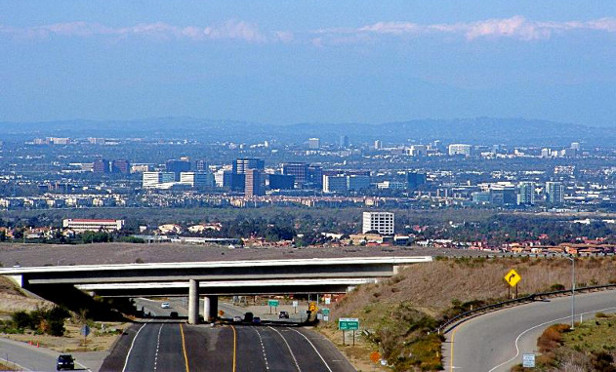 The Inland Empire was struck badly in the last recession, but recent population and job growth could mean better stability in future downturns. That is because the Inland Empire isn't only seeing job growth but job diversity as well. That diversity could mean the market will better weather the next economic storm.
The Inland Empire was struck badly in the last recession, but recent population and job growth could mean better stability in future downturns. That is because the Inland Empire isn't only seeing job growth but job diversity as well. That diversity could mean the market will better weather the next economic storm.
"A lot of the growth that we have seen in employment in the region has been broad based," Taner Osman, a research manager at UCR Center for Forecasting, tells GlobeSt.com. "The Inland Empire isn't beholden to one particular industry that would lead you to believe that if that particular industry was to experience a pronounced recession, the Inland Empire would be hurt more than another region."
Job diversity is generally a characteristic of market stability. "Generally, a diverse economic base is something that should make regions better able to resist a recession, but I am cautious to say that if there was a national or statewide recession, the Inland Empire would perform better than other regions," says Osman. Typically, we would expect a slowdown in business activity to be broad based."
While the Inland Empire's growth this business cycle is a clear benefit, Osman says that there is no such thing as recession proof. "The Inland Empire was hit very hard during the Great Recession, and it was the poster child of what can go wrong in an economy during that sort of financial crisis," says Osman. "That was a once in a life-time occurrence. I don't think that any place is recession proof. If companies are laying off workers, some regions are going to be hit harder than others depending on the mix of industries that exist there."
For example, the dot-com bubble impacted the Bay Area markets more severely than other areas, and Osman says that it took 15 years for the market to recover. "That is an example of how some regions can be hit harder than others," he says.
The Inland Empire, however, will certainly have a different response to the next recession. "If you were to look back to the reasons of the 2007 recession, the Inland Empire was the poster child of what can go wrong," says Osman. "However, you would not expect that would hit the Inland Empire as hard because the dynamics that drive the next recession will not be the same as what happened in 2007."
© Touchpoint Markets, All Rights Reserved. Request academic re-use from www.copyright.com. All other uses, submit a request to [email protected]. For more inforrmation visit Asset & Logo Licensing.






